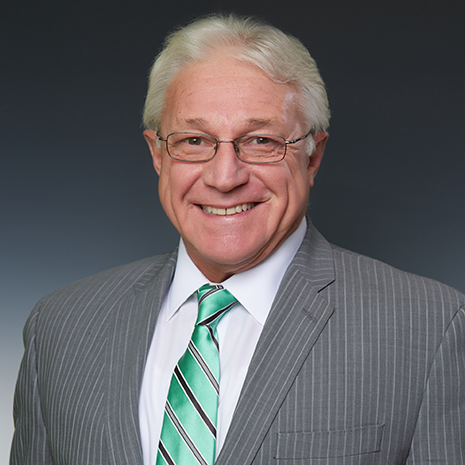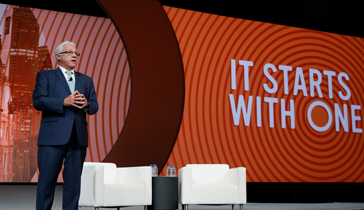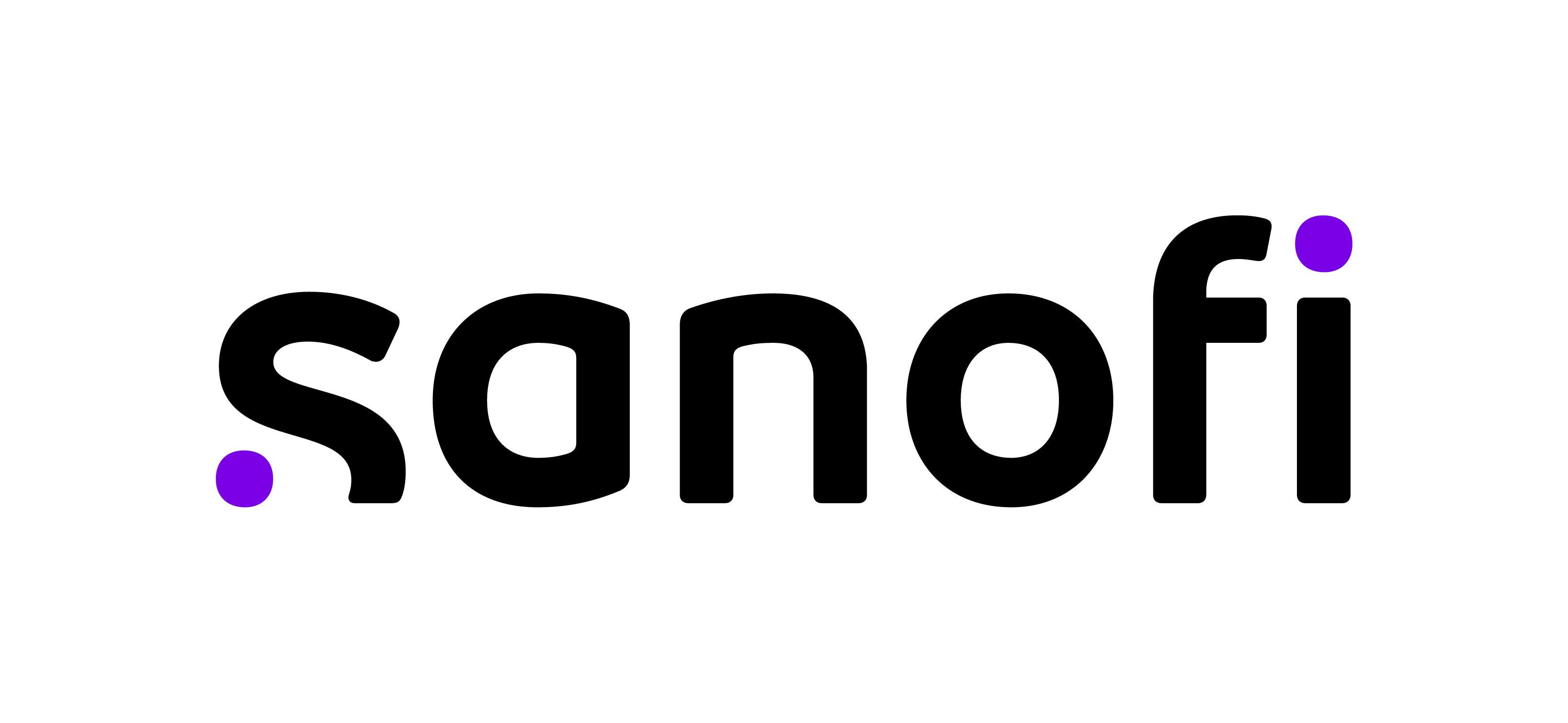Writing for The Atlantic, Dr. Ezekiel Emanuel accuses the biopharmaceutical industry of being “deceptive” when it seeks to explain the cost of prescription drugs. But in making this claim, Dr. Emanuel is guilty of engaging in some of his own acts of deception.
For starters, drug prices are not “extreme.” Data show that the growth in net prices for brand-name medicines—the price drugmakers receive after paying rebates and discounts to insurers and others within the supply chain—have been largely flat in recent years.
While hospital care spending is expected to skyrocket by 33% over the next five years, growth in drug spending is projected to be less than 10%. The explosion in hospital spending in the real crisis facing the health care system, as Dr. Emanuel surely knows from his days serving as special health policy advisor to the Obama administration.
Meanwhile, roughly 90% of all drugs prescribed in the U.S. are for generic drugs that can cost as little as a few dollars. These generic medicines wouldn’t have been possible without a biopharmaceutical industry willing to take on the incredible risks and costs associated with drug discovery.
Next, the author ignores the role of insurers and pharmacy benefits managers in determining what people pay out of pocket for prescription drugs. These middlemen profit off perverse incentives that can lead to higher prices for medicines. Innovative pharmaceutical companies provide billions of dollars in rebates and other discounts to key players across the drug cost ecosystem each year. Yet too often these savings are kept by middlemen, rather than use to lower patients’ out-of-pocket drug costs.
We all want to ensure life-saving treatments are affordable, but we can’t reach that goal by pretending key players within the drug delivery system don’t exist. If policymakers want to ensure patients have access to innovative cures and treatments that they can afford, they will need to take a more holistic approach to the drug pricing discussion than the one described by Dr. Emanuel.
More From This Author
Insights



















.png)


